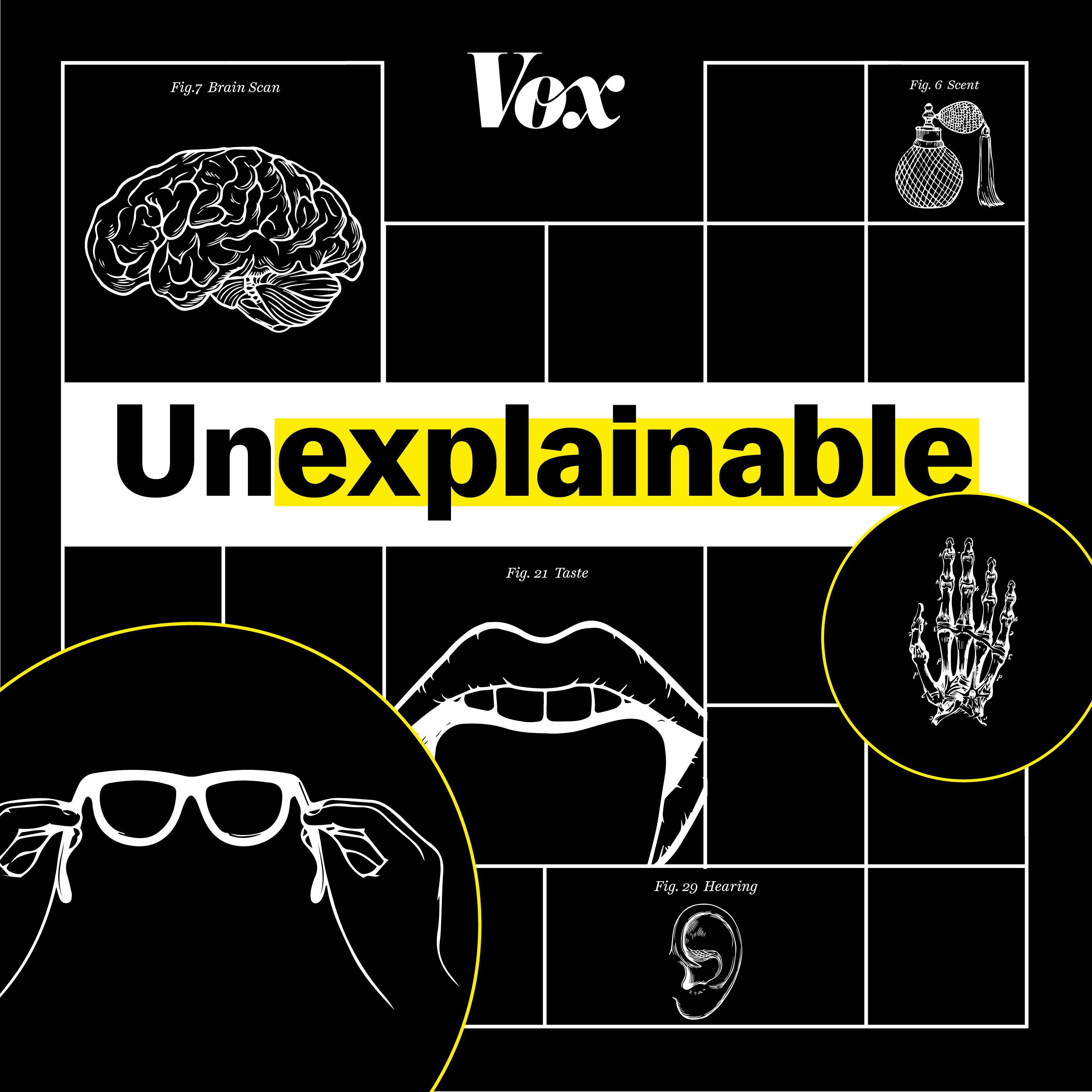
A
Adam Zeman
A
Alice Coles
E
Emily Holmes
J
Joel Pearson
M
Manning Nguyen
N
Noam Hassenfeld
Noam Hassenfeld: 本集将讨论人们脑海中视觉能力的差异,以及这种差异背后的脑部机制,重点关注幻想缺失症(Aphantasia)这一现象。
Alice Coles: 讲述了她自身无法在脑海中形成图像的经历,这种经历给她带来了困惑和困扰,也让她对“心智之眼”的功能产生了疑问。她发现自己无法像其他人一样在脑海中想象图像,即使是熟悉的场景或人物,也无法在脑海中形成清晰的画面。这种能力的缺失让她在瑜伽练习等需要视觉想象的活动中感到格格不入,也让她对自身艺术创作能力产生了怀疑。
Adam Zeman: 解释了“幻想缺失症”(Aphantasia)一词的来源和含义,并讲述了一个因心脏手术后失去想象能力的病人案例。这个案例表明,幻想缺失症并非仅仅是心理问题,也可能与脑部损伤有关。他通过脑成像技术研究发现,患有幻想缺失症的病人脑部视觉区域活动减弱,这为理解幻想缺失症的脑机制提供了重要线索。他还讨论了幻想缺失症的成因,包括脑损伤、心理因素和遗传因素。
Joel Pearson: 解释了视觉想象的脑部机制,指出其与真实视觉的相似之处,以及研究的难度。他介绍了几种测量视觉想象能力的方法,包括问卷调查、瞳孔变化和皮肤反应等。
Emily Holmes: 研究表明,视觉想象与情绪密切相关,它可以增强情绪体验,无论是积极的还是消极的。她还指出,视觉想象能力的缺失可能对创伤后应激障碍(PTSD)患者有益,因为这可以减少创伤性图像的侵入性。
Manning Nguyen: 总结了本集讨论的内容,并强调了对视觉想象的研究还处于早期阶段,未来有很大的发展空间。
Deep Dive
This chapter introduces Aphantasia, the inability to visualize images in the mind's eye, and explores the experiences of individuals like Alice who live without this ability. It discusses the discovery of this condition and the emotional impact it can have on those who experience it.
Shownotes Transcript
Close your eyes and try to imagine an apple. Can you see anything? Aphantasia is the inability to see with your mind’s eye. Since it was discovered, scientists have been asking the question: What is the mind’s eye even for?
This is the fifth episode of our six-part series, Making Sense).
For more, go to http://vox.com/unexplainable)
It’s a great place to view show transcripts and read more about the topics on our show.
Also, email us! [email protected])
We read every email.
Support Unexplainable by making a financial contribution to Vox! bit.ly/givepodcasts)
Learn more about your ad choices. Visit podcastchoices.com/adchoices)
